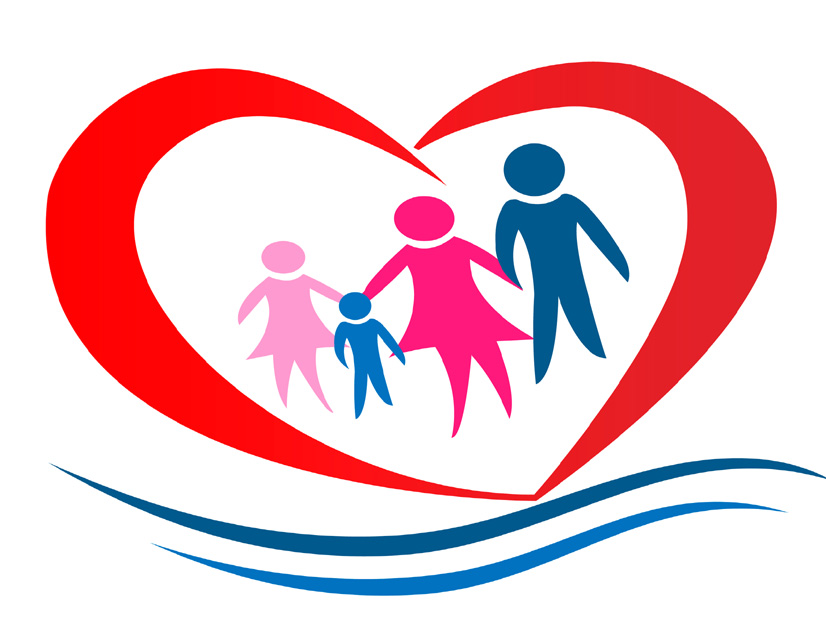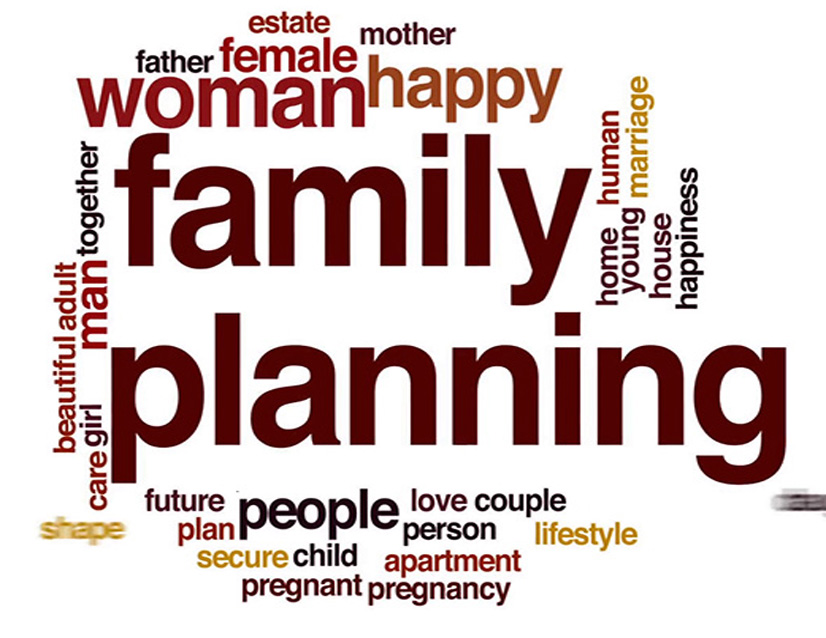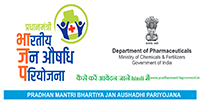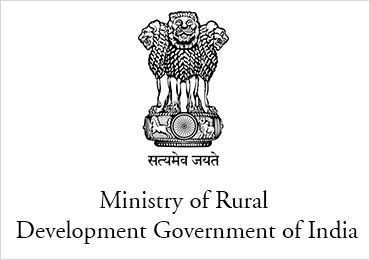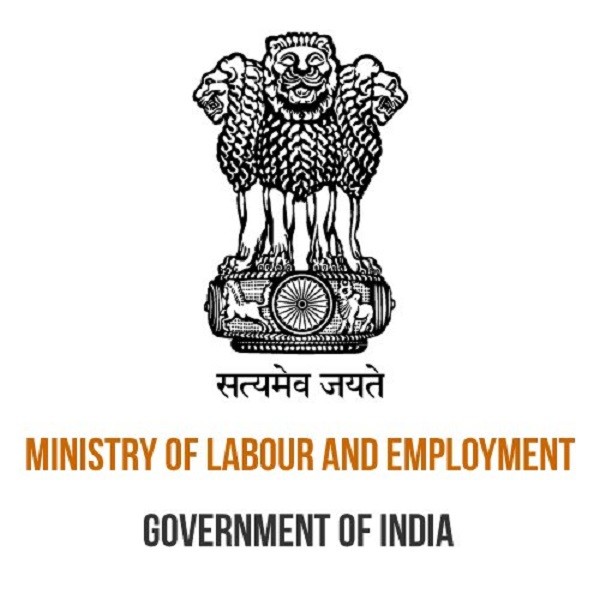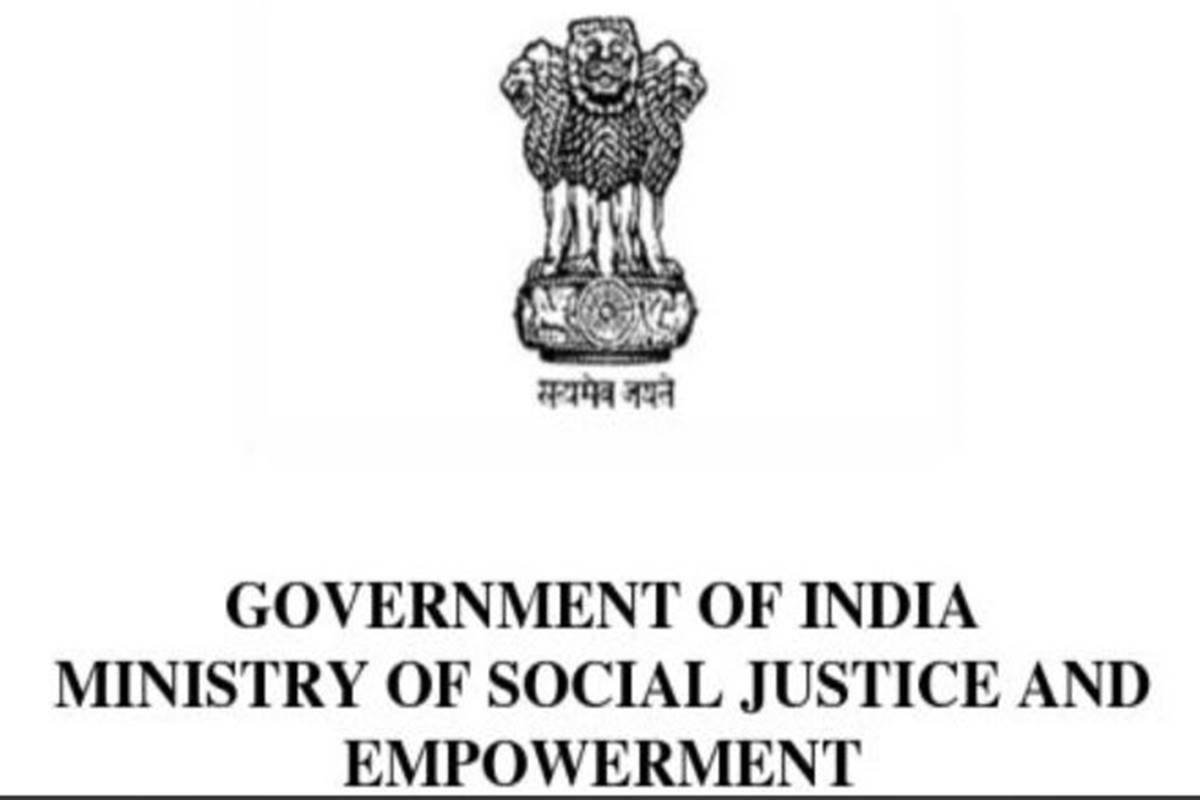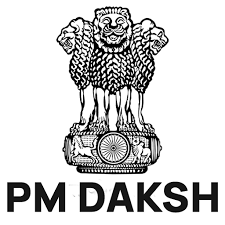Description
Family planning is important for the health of a mother and her children, as well as the family’s economic situation. According to the United States Agency for International Development, having children more than five years or less than two years apart can cause both a mother and her children serious health consequences.
The financial consequence of having children involves the medical costs of pregnancy and birth and the high costs associated with avenger actually bringing up children. Since parents are responsible for providing education, shelter, clothing and food for their children, family planning has an important long-term impact on the financial situation of any family.
Family planning is a broad term that includes everything from investments reproductive health needs of men and women, access to good health, timely care and supportive policies. At NGO PRAGTI, we believe it is a fundamental human right to have access to sexual, reproductive, child and maternal health.
In fact, it is also one of the most critical developmental issues. Our family planning and awareness programs embrace all these factors and also focus on gender equality and reducing poverty.
The term “family planning” is often used as a synonym for “birth control.” Family planning, however, does not only involve contraception. Family planning also takes into account planning your child’s birth for specific times (possibly by spacing births a few years apart from one another) and planning for a child when you have challenges conceiving one.
NGO PRAGTI supports women’s right to get married after attaining 18 in order to ensure safe childbirth. In addition, our NGO advocates and supports reproductive health determination and bodily integrity through our programs. All our endeavours and programs intend to reduce maternal mortality and promote healthy childbirth.
Through their program, they also educate married couples about healthy pregnancy, spacing between childbirth, not having too many kids, and eliminate the practices of gender discrimination.
Our NGO works to improve the maternal health and well-being of infants by increasing awareness among families about gender equality and socio economic status of women. Additionally, we also strive to increase the quality of health services for women; improve their status, participation and influence in society.
